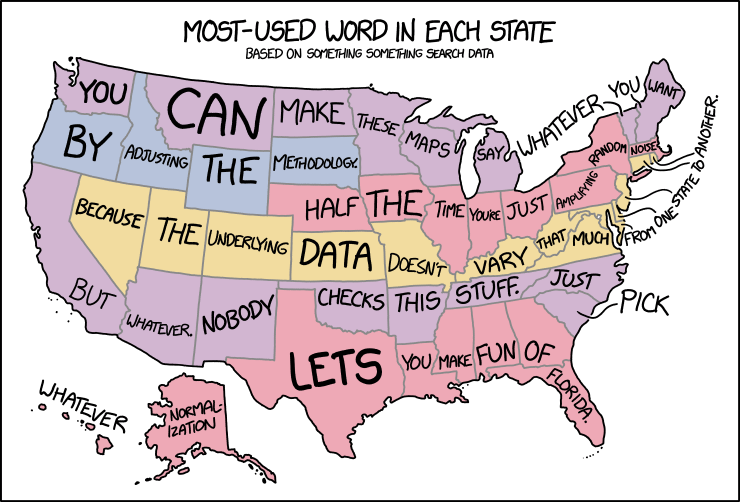Guest post by Jeff Mosenkis of Innovations for Poverty Action. “Why Poverty is Like a Disease” looks at epigenetics and how poverty interacts with one’s own biological development. It’s well written, by someone who describes what it was like growing up poor and how hard it was to escape. (h/t David Batcheck) Our World in Data asks “How Much Will it Cost to Mitigate Climate Change?” Some nice news via Dina Pomeranz: globally deaths from diarrheal disease fell by a third between 2005 and 2015. Researchers attribute much of the drop to the development of a vaccine, but also say good sanitation is key. An interesting process story behind a current sanitation RCT; A design firm talks about the process for coming up with a handwashing station appropriate for use in rural Kenya. They describe
Topics:
Jeff Mosenkis (IPA) considers the following as important: child mortality, diarrhea, diarrheal disease, Economics, health, links, news, podcast, podcasts, political science, psychology, replication, Research, research methods, statistics
This could be interesting, too:
Lars Pålsson Syll writes Schuldenbremse bye bye
Lars Pålsson Syll writes What’s wrong with economics — a primer
Lars Pålsson Syll writes Krigskeynesianismens återkomst
Lars Pålsson Syll writes Finding Eigenvalues and Eigenvectors (student stuff)
Guest post by Jeff Mosenkis of Innovations for Poverty Action.
- “Why Poverty is Like a Disease” looks at epigenetics and how poverty interacts with one’s own biological development. It’s well written, by someone who describes what it was like growing up poor and how hard it was to escape. (h/t David Batcheck)
- Our World in Data asks “How Much Will it Cost to Mitigate Climate Change?”
- Some nice news via Dina Pomeranz: globally deaths from diarrheal disease fell by a third between 2005 and 2015. Researchers attribute much of the drop to the development of a vaccine, but also say good sanitation is key.
- An interesting process story behind a current sanitation RCT; A design firm talks about the process for coming up with a handwashing station appropriate for use in rural Kenya. They describe how they couldn’t just drop in what they thought was a clever design because it kept failing, and how they kept going back to the drawing board. (8,000-person RCT results coming soon)
- Poachers are targeting newly discovered rare species apparently by reading the scientific papers that describe where to find them.
- The Freakonomics podcast asks “Are The Rich Really Less Generous Than the Poor?” (as posited by previous lab experiments). They discuss a field experiment in the Netherlands in which the researchers left people fake misaddressed letters with cash (or the equivalent of a check, which could only be redeemed by the person named). Economist Jan Stoop dressed in a fake postal uniform and dropped them in mailboxes in rich and poor households to see if the recipients would re-mail them to the intended destination. Going against conventional wisdom, the rich returned the letters more often, but this gap was entirely explained by a mental scarcity model, which is based on the body of research showing how the pressures of poverty can sap mental bandwidth. The farther away in the month from pay period the poor were (when presumably money was tighter and pressures of life greater), the less often they took the time to re-mail the envelopes.
- The authors mention in the Freakonomics episode that they decided to add time from paycheck as a covariate based on a chance comment from an audience member at a talk. A new meta-analysis of studies in the American Journal of Political Science finds covariates can make all the difference:
In almost 40% of observational studies, we find that researchers achieve conventional levels of statistical significance through covariate adjustments. Although that discretion may be justified, researchers almost never disclose or justify it.
That they were able to discover this seems to have come down to one editor’s decision (h/t Ryan Briggs):
Our analysis is possible because the American Journal of Political Science (AJPS), a leading political science journal, began enforcing the posting of replication data and code. In practice, then Editor Rick Wilson would not proceed with the copyediting of accepted papers until the authors posted their data to Dataverse. We therefore analyze AJPS volumes 56-59 (2012-2015).
And a reminder about those “most in each state” maps from XKCD:


